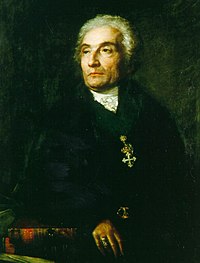“You keep using that word. I do not think it means what you think it means.”
“At a time like this that’s all you can think to say?”
“Nonsense. You’re only saying that because no one ever has.”
“I don’t think I’m quite familiar with that phrase.”
“I would not say such things if I were you!”
“I do not suppose you could speed things up?”
“Skip to the end!”
“That is the sound of ultimate suffering.”
“Inconceivable!”




